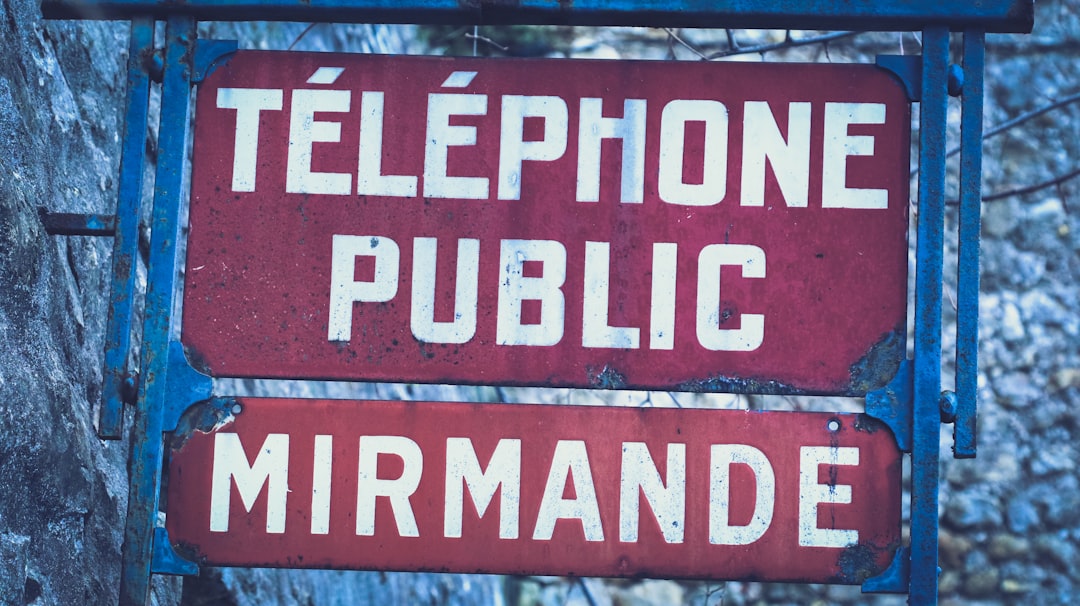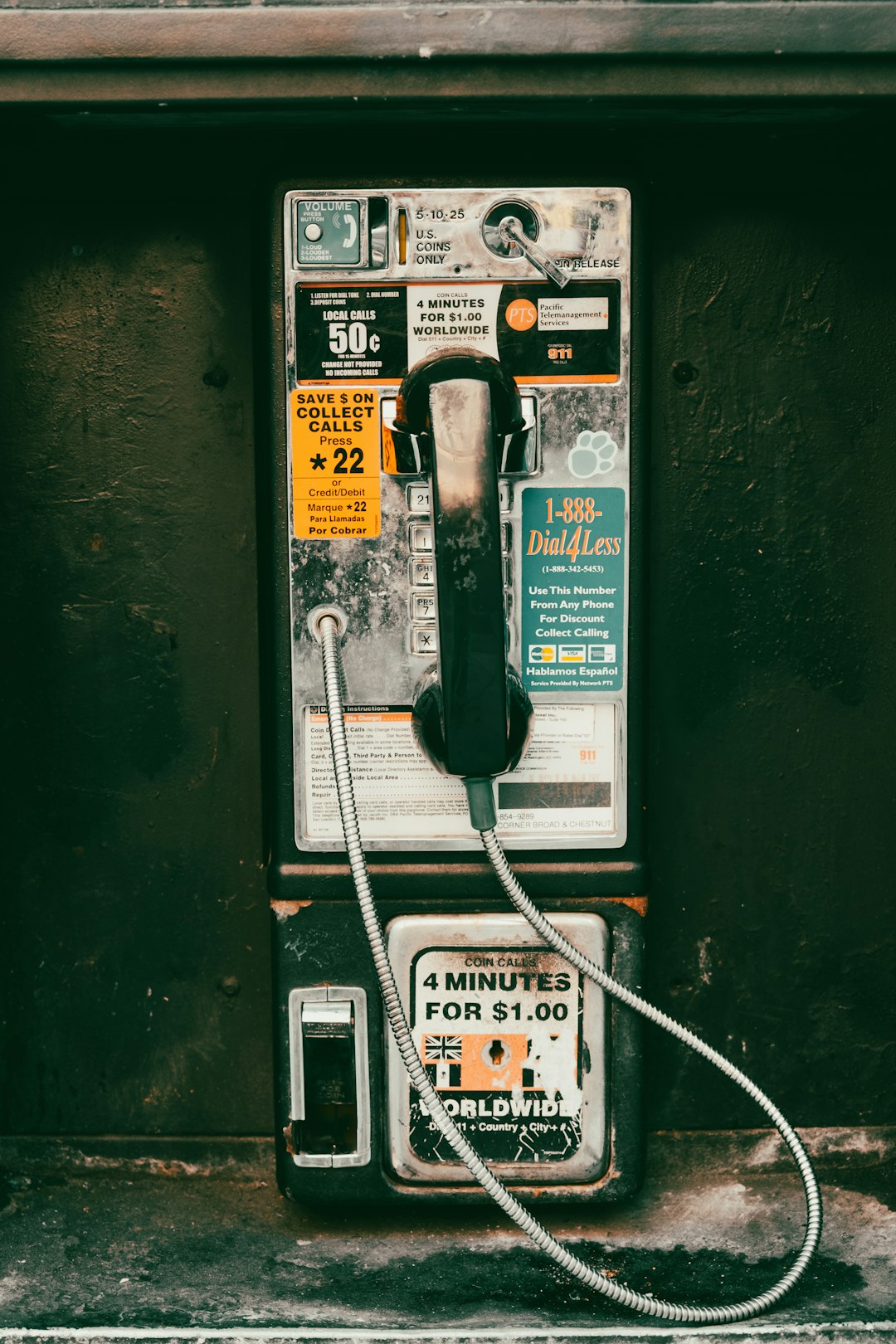Spoofed numbers, a growing concern in Alabama and nationwide, refer to manipulated phone numbers used for fraudulent activities like robocalls and spam. Alabama has laws against these practices, with the Attorney General's Office enforcing them. Spotting spoofing involves verifying number origins using anti-spam tools, recognizing automated voice prompts, and scrutinizing official claims. Robocall lawyers specialize in handling unwanted calls, text messages, and spoofing, collaborating with Do Not Call law firms to ensure compliance and offer legal advice. Protect yourself by staying informed about laws, registering your number with the FTC, and being cautious when sharing contact information online. Key terms: robocall Lawyer Alabama, spam call law firm Alabama, etc.
In Alabama, as across the nation, spoofed numbers have become a prevalent and irritating issue, with spam calls and texts disrupting daily life. Understanding how to identify these fake numbers is crucial to protecting yourself from fraudulent activities. This article delves into the world of spoofing in Alabama, exploring legal frameworks, including Spam Call and Do Not Call laws, and providing a step-by-step guide to identifying spoofed numbers. Additionally, it highlights the role of robocall lawyers and offers practical measures to combat these annoying calls, empowering residents with knowledge to navigate this modern enigma.
Understanding Spoofed Numbers and Their Prevalence in Alabama
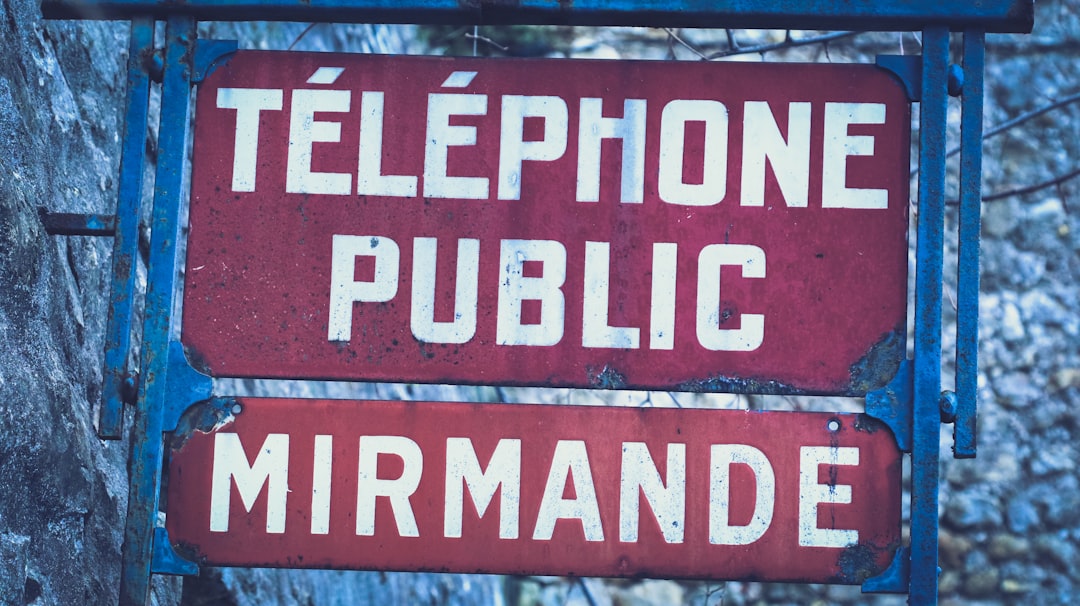
Spoofed numbers, a growing concern in Alabama and across the nation, refer to manipulated phone numbers that appear on caller IDs as legitimate sources but are actually used to mask fraudulent activities. Often associated with robocalls, spam calls, or unwanted texts, these spoofed numbers are designed to deceive recipients into answering or engaging with the call, potentially leading to privacy invasion, financial loss, or legal issues. With the advancement of technology, scammers can easily alter their caller IDs to display local Alabama numbers, making it harder for residents to distinguish between legitimate and malicious calls.
In Alabama, where the Spam Call law firm and Do Not Call laws are in place, understanding spoofed numbers is crucial for both consumers and legal professionals. A robocall lawyer or attorney specializing in these areas can help victims of spoofing navigate their rights under the state’s robocall laws. By staying informed about emerging trends in spoofing techniques, such lawyers can provide expert guidance to clients facing unwanted communications, ensuring they receive the protection promised by Alabama’s Do Not Call law firms and take appropriate legal action against offenders.
The Legal Framework: Spam Call and Do Not Call Laws in Alabama
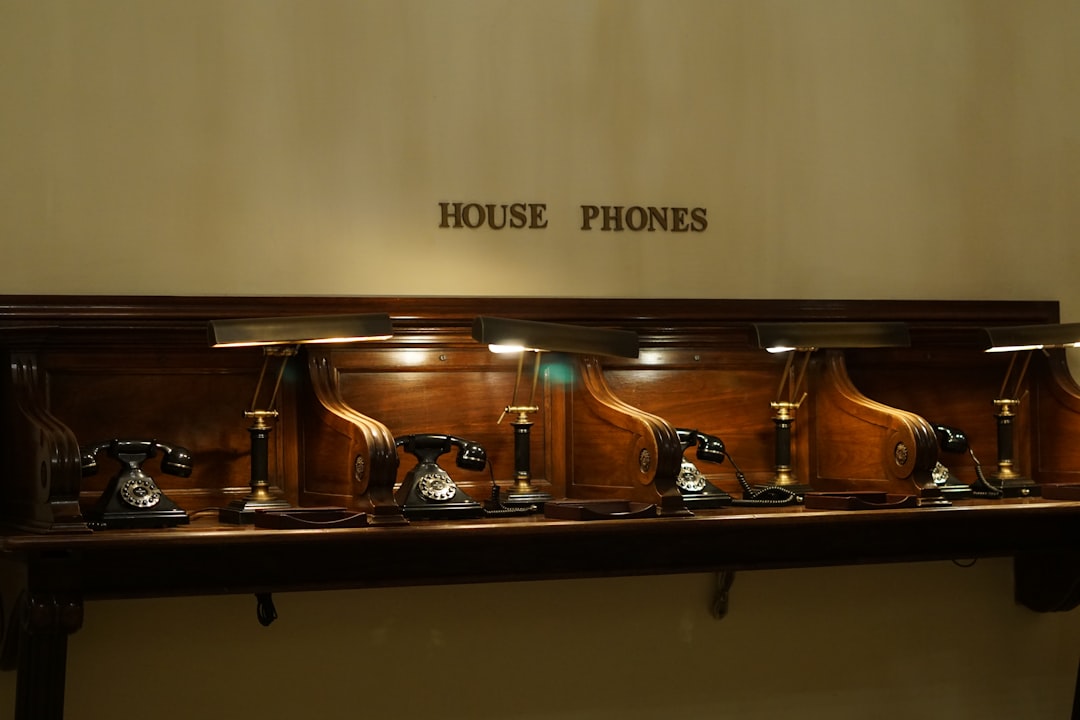
In Alabama, the legal framework surrounding spoofed numbers and unsolicited calls is primarily governed by the state’s Spam Call and Do Not Call Laws. These laws are designed to protect consumers from unwanted and deceptive phone calls, texts, and other forms of communication. The Alabama Attorney General’s Office plays a crucial role in enforcing these regulations, ensuring that businesses and individuals adhere to the rules.
If you receive robocalls or unwanted texts, you have options. Consulting with a robocall lawyer in Alabama or a law firm specializing in spam call laws can help you understand your rights and take appropriate action. There are strict penalties for violators, including financial fines and legal repercussions, which serve as deterrents for those attempting to spoof numbers or bypass Do Not Call lists. Remember, knowing your rights and understanding the legal framework is the first step towards protecting yourself from these nuisance calls.
Identifying Signs of Spoofing: A Step-by-Step Guide
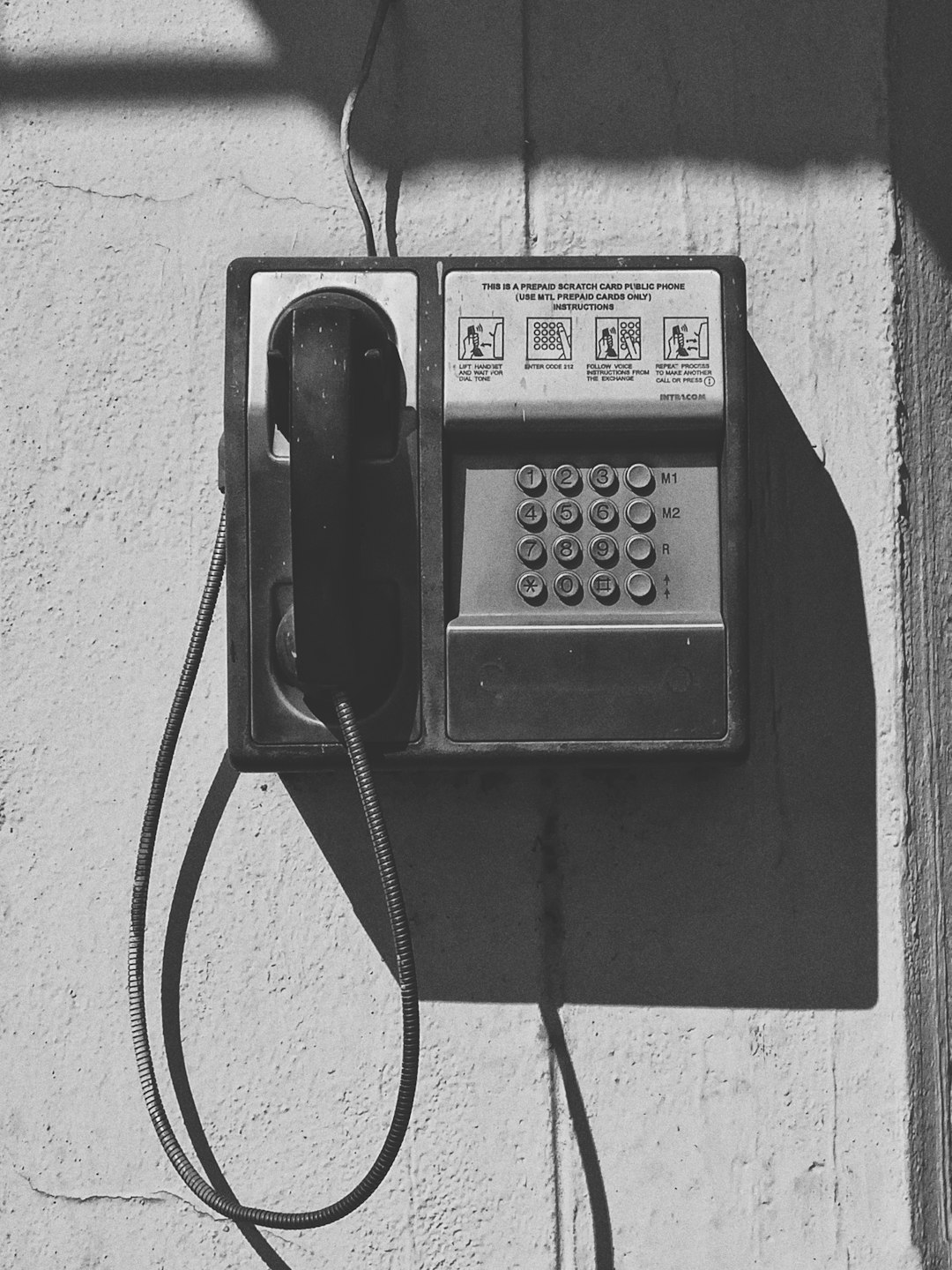
Identifying signs of spoofing is crucial when navigating the onslaught of robocalls and spam calls in Alabama. While some attempts may be obvious, others require closer inspection. Here’s a step-by-step guide to help you spot these deceptive practices, especially when dealing with unwanted texts or automated phone calls from supposed robocall lawyers or law firms in Alabama.
First, pay close attention to the number from which the call or text originates. Tools are available that can reveal whether a number has been reported as spam or if it’s associated with known scam operations. Next, listen for automated voice prompts or unusual pauses during the conversation—red flags indicating pre-recorded messages. Be wary of calls claiming to be from official government agencies or reputable law firms, demanding immediate action or threatening severe consequences. Legitimate organizations will typically provide clear information about their identity and purpose upfront. Additionally, do not share personal or financial details over the phone unless you’ve initiated the contact and verified the recipient’s identity. Remember, robocall laws in Alabama are in place to protect residents from such nuisance calls, and consulting with a spam call lawyer or a do-not-call law firm in Alabama can help establish legal recourse if your rights have been violated.
Roles of Robocall Lawyers and Attorney in Fighting Spoofed Calls

In the ongoing battle against spoofed calls, robocall lawyers and attorneys in Alabama play a pivotal role. With the state’s strict spam call laws, these legal professionals are equipped to handle cases involving unwanted automated phone calls, text messages, and other forms of electronic communication. They work closely with Do Not Call law firms in Alabama to ensure compliance with the robust robocall laws, which aim to protect residents from intrusive marketing tactics.
Robocall lawyers Alabama specialize in investigating and prosecuting entities that engage in spoofing, a deceptive practice where callers manipulate caller ID information to display false or misleading numbers. These attorneys can help victims of spoofed calls by offering legal advice, filing complaints, and even seeking damages under the relevant robocall laws. By holding perpetrators accountable, they contribute to fostering a safer and more transparent communication environment for all Alabamians.
Protecting Yourself: Measures to Take Against Spoofed Numbers in AL

In Alabama, protecting yourself from spoofed numbers involves a multi-faceted approach. One effective measure is to stay informed about current robocall and spam call laws in AL. These laws are designed to safeguard consumers from deceptive practices, including illegal use of spoofed numbers. Engaging the services of a reputable robocall lawyer or spam call attorney in Alabama can be a proactive step. Such legal experts specialize in navigating the state’s robocall laws and can offer guidance on how to handle unwanted calls, texts, or messages. They can also assist in taking necessary actions against perpetrators, including filing complaints with relevant authorities and pursuing legal remedies.
Additionally, consider registering your number with the Do Not Call list maintained by the Federal Trade Commission (FTC). This federal agency has strict guidelines regarding telemarketing practices, and listing your number ensures that you’re not contacted by unwanted robocalls or spam calls. Further, be cautious when sharing your contact information online or through unfamiliar sources. Regularly review privacy settings on social media and other digital platforms to limit the exposure of your number. If you suspect a particular robocall or unwanted text is fraudulent, document the incident, including any relevant details like timestamps, call/text content, and source numbers. This information can prove valuable if you decide to consult with a lawyer for unwanted texts in Alabama or take formal legal action.
